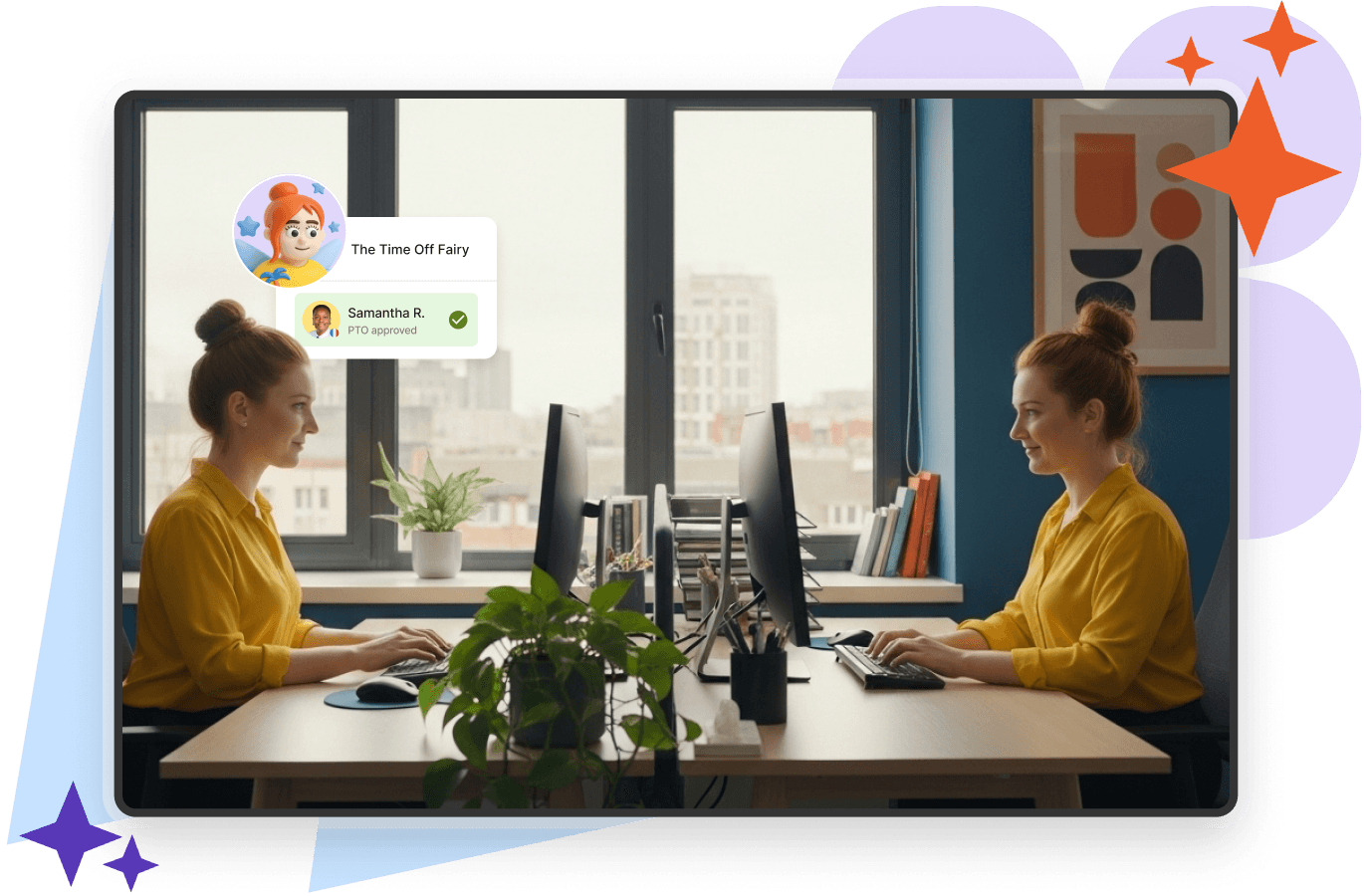Article
9 min read
3 Ways HR Leaders Can Drive Responsible AI Adoption in Singapore
AI

Author
Nick Catino
Last Update
July 11, 2025

Table of Contents
The state of AI in Singapore
How HR can accelerate Singapore’s leadership in AI
What comes next: Singapore’s responsible AI-driven future all starts with HR
In conversations about the evolution and adoption of artificial intelligence, Singapore is consistently held up as a global frontrunner. With forward-thinking government initiatives and a prevailing optimism about digital innovation, it’s easy to assume Singapore is fully prepared for an AI-driven future.
But is it really?
At Deel, we set out to explore this question by conducting a study of Singaporean businesses. Our aim: to understand the country’s true level of AI readiness, including the barriers and accelerators of adoption, the effects of economic pressures, and how well businesses are equipped for regulatory change. What we discovered is a far more nuanced picture. While excitement about AI is widespread, business preparedness often lags behind the narrative, especially where regulation is concerned.
The results, present what I believe to be three key ways HR leaders are integral to AI adoption in Singapore.
Download the report
The state of AI in Singapore
While business leaders in Singapore are eager to embrace AI in theory, the reality of implementation is a more nuanced story:
A snapshot of AI in Singapore:
- 68% are still in the early stages of adoption, despite Singapore’s reputation as a digital leader
- 92% believe state support is essential, and 57% call for stronger regulatory guardrails
- However, only 5% are actively engaging with government initiatives like The National AI Strategy 2.0.
- Compliance is a looming challenge: 95% of businesses are unfamiliar with key AI governance frameworks — a major gap that could carry future risks.
- 48% of businesses cited a lack of AI expertise as one of the top 3 barriers to adoption. 44% cited having the right talent in place as one of the top 3 drivers.
The call to action is clear. By sitting at the intersections of talent, technology, and policy, HR leaders are uniquely poised not just to follow AI adoption but to drive innovation and help push Singapore forward as a leader in the space.
How HR can accelerate Singapore’s leadership in AI
1. Bridging the talent gap – not just filling roles
Talent sits at the heart of innovation, and that’s where HR teams shine. So, bridging the talent gap in Singapore’s AI scene is a natural starting point.
- Prioritizing strategic reskilling programs. While the outlook for reskilling seems bleak, – with only 20% of companies surveyed having a dedicated reskilling budget – HR leaders have an opportunity to champion internal capability-building, fostering innovation through upskilled, future-ready teams.
- Enhancing career development pathways. Addressing the 50% of talent citing limited career growth as a barrier, HR can implement mentorship, learning roadmaps, and internal mobility initiatives to retain and grow AI talent.
- Refining role requirements to address skills mismatches. With 47% of companies facing skills mismatches, HR leaders can work with tech leads to redefine roles and prioritize transferable skills, making hiring more inclusive and agile.
- Creating competitive and sustainable compensation strategies. Given that 51% of companies cite high salary expectations as a challenge, HR should explore alternative incentives such as equity, flexible work, and purpose-driven culture to attract top talent.
- Investing in global talent pipelines. With 62% of businesses open to hiring internationally, HR leaders should tap into global AI talent, enabling access to diverse perspectives and cutting-edge expertise.
Deel Hire
2. Getting ahead of AI compliance – not just catching up
As we see in the data, the disconnect between the eagerness for guidance and the lack of engagement with these initiatives suggests that businesses haven’t internalized what compliance will require. With global regulation tightening, this passive stance isn’t just unsustainable. It’s risky.
HR leaders have a key role to play in helping organizations get ahead of governance by:
- Embedding ethical and privacy standards into AI-enabled HR practices. This helps ensure AI tools align with regulatory expectations while protecting sensitive employee data.
- Championing transparency and fairness in AI-based decision-making. Clear, auditable processes build trust and reduce the risk of unintended bias or discrimination.
- Advising leadership on workforce-level implications of emerging regulation. HR can translate regulatory changes into practical actions that safeguard both compliance and culture.
- Staying informed on evolving AI regulations and industry standards. HR professionals can use Deel’s Compliance Hub to stay in the clear, with no manual tracking needed.
When compliance becomes a cultural value and not just a legal obligation, businesses will be in a far stronger position to adapt and lead.
2. Leading by example – not just following
The People team plays a central role in shaping culture. From onboarding to performance management, HR is often where employees first encounter a company’s values in action. That includes its values concerning AI. HR leaders can drive responsible AI adoption in their organizations by adopting it themselves, with compliance top of mind:
- Enhancing data transparency and auditability. Regulators want to see not just outcomes, but proof that the processes behind them are fair, accountable, and bias-aware.
- Establishing internal governance standards early. HR teams handle sensitive data and regulated processes daily, providing leaders the opportunity to set and enforce responsible AI policies.
- Building a culture of ethical AI use. Normalize compliance-conscious AI adoption and champion best practices following regulatory requirements.
- Demonstrating enthusiasm. By being transparent and genuinely enthusiastic about how AI is used in HR, teams can build trust and inspire a more optimistic, open mindset across the organization.
- Finding the balance between human oversight and AI innovation. Shape AI-driven roles that augment human expertise, creativity, and ingenuity without replacing them.
Complementary reading:
Find out our tips and best practices for implementing AI in HR with this actionable guide.
What comes next: Singapore’s responsible AI-driven future all starts with HR
At Deel, we know that precision is key in HR, and with so much sensitive information at play, the margin for error has to be zero. Implementing AI in HR without intentional design could damage trust and weaken culture, and slow down innovation. To that end, any AI adoption must augment HR professionals and free them up for high-value work whilst ensuring compliance and safeguarding privacy.
AI should never replace the human element in HR, it should amplify it. When thoughtfully deployed, AI can empower HR teams to focus on high-impact work while reinforcing compliance and protecting privacy from day one.
To understand the whole picture, pick up your copy of The State of AI in Singapore Survey. To see what responsible and compliant AI-assisted HR technology looks like, why not book a 30-minute Deel demo with one of our in-house experts?
Live Demo
Get a live walkthrough of the Deel platform


Nick Catino is Deel's Head of Policy. He's a seasoned government affairs, sustainability and philanthropy leader with more than 15 years experience helping elected officials, executives and multinational companies pursue policy objectives, engage global stakeholders, and manage political, regulatory, and reputational risk.
















